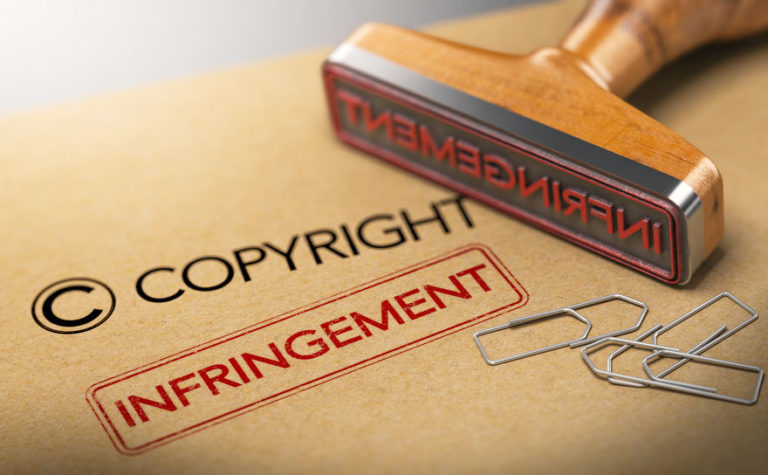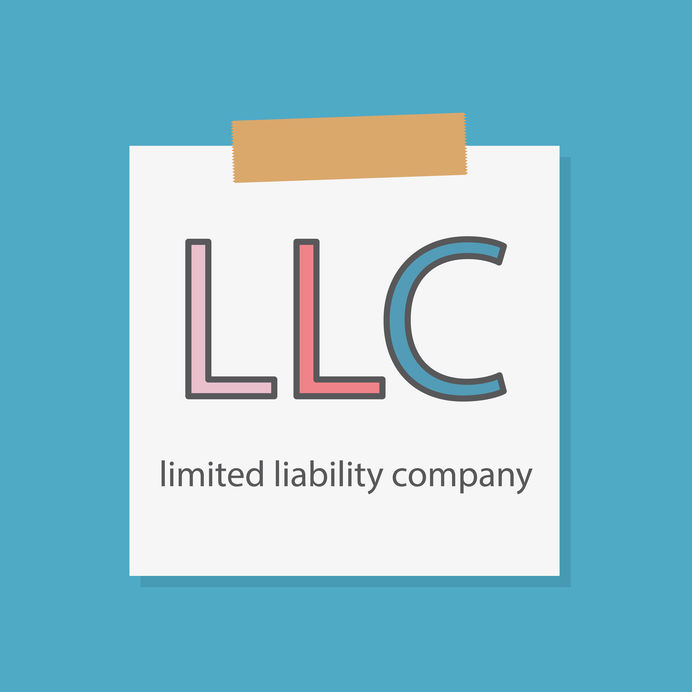
Damages for Copyright Infringement
Common law copyright protections have historically provided judicial recognition to creators of artistic and scientific works.

What is the IRS Form 5472 in Florida?
If you are a U.S. company and have a foreign owner or foreign shareholders, then your company likely needs to file Form 5472.

What is an Impossibility Clause in a Contract in Florida?
The doctrine of impossibility applies in a situation where it is literally impossible for a party to a contract to perform their duties. The Florida court system generally has an interest in holding parties to the contract they sign and the duties assigned under that contract. Impossibility is a high standard, lack of performance cannot be excused by mere inconvenience, expense, or other non-impossible circumstances.

January 1st, 2020 Changes to the Florida Corporate Statute
The changes to the Florida Corporate Statute have gone into effect on January 1st, 2020. These changes are centered around the Revised Model Business Corporation Act.

What are the Advantages vs. Disadvantages of a Florida LLC?
Registering your business with the State of Florida is a crucial part of your company’s creation process. Often times, many individuals who are new to the business world opt for a limited liability company (“LLC”) when they intend to register their new business. Mainly because they desire something simple and less complicated, especially during the beginning stages. An LLC offers just that, not only is it easy to form, but it is also easy to manage.

What Are the 5 Things You Need in Your Estate Plan in Florida?
A Last Will and Testament is a legal document that allows you to decide how to distribute your assets after your passing. A Will contains the definition of assets, the names of beneficiaries, and sometimes includes guardianship designations and burial instructions. A Will also appoints an executor, or personal representative, of the will. A personal representative is someone who will pay remaining taxes after your passing and make sure the Will is being executed correctly and in accordance with your wishes.

How does the CARES Act work in Florida?
The CARES Act provides several unemployment insurance benefit programs which include: the Pandemic Unemployment Assistance (“PUA”); the Federal Pandemic Unemployment Compensation (“FPUC”); and the Pandemic Emergency Unemployment Compensation (“PEUC”) which are further detailed below.

What is a Common Law Trademark?
A common law trademark is a right at common law to certain names, sentences or logos that you very often use in connection with your product. You can have common law trademarks rights without having your trademark federally registered. A common law trademark, however, can only be enforced within a certain area, where it is used.

What Is an Agricultural Tax Exemption in Florida?
The Agricultural Tax Exemption is a property tax exemption that landowners may receive, if they can show that their land is being put to agricultural use. Different states define “agricultural use” in different ways. For example, Florida requires agricultural use to be bona fide. Fl. Stat. § 193.461. “Bona fide agricultural purpose” is defined as a “good faith commercial agricultural use of the land.” Fla. Stat. § 193.461(1)(b) (2009). Some states require the agricultural use to be for commercial purposes, and for some profits to be gained from the land.

What is a Living Will?
A living will is a legally binding document that explains an individual’s personal choices about end-of-life medical care in cases where they become incapacitated and can no longer make decisions for themselves. For example, the living will would state whether an individual would want to be kept alive through life support or whether they would not like to receive any life support, including artificial nutrition and hydration.
Categories
Categories
- Bankruptcy (6)
- Business Law (391)
- Business Litigation (35)
- Business Partnership Disputes (8)
- businesses (7)
- CBD Law (2)
- Civil Litigation (58)
- Commercial Law (2)
- Consumer Protection (8)
- Contract (29)
- copyright (12)
- Corporate (6)
- COVID-19 (35)
- Cryptocurrency (5)
- Documentary Stamp Tax (2)
- Employment Law (81)
- Entertainment Law (92)
- EPGD Business Law (35)
- Estate Planning (80)
- Family Law (18)
- Federal Law (9)
- Finance (16)
- Florida Law (20)
- Florida Minority Business Government Programs (2)
- Foreign Investing (3)
- Foreign Reporting (10)
- Franchise Law (17)
- Fraud (2)
- Government (16)
- Homestead Exemption (9)
- Immigration Law (8)
- Intellectual Property Law (96)
- Landlord / Tenant (8)
- LegalZoom (1)
- Licensing Agreement (1)
- Litigation (12)
- News (2)
- NFT (4)
- Non-profits (1)
- Notarization (2)
- Patent (2)
- Privacy Law (10)
- Probate & Guardianship (24)
- Property Law (10)
- protection (5)
- Real Estate Law (67)
- security (7)
- Sports (3)
- Tax Law (122)
- Testamentary Trust (1)
- Trade (1)
- trademark (15)
- Transactional (19)
- Trusts & Estates (53)






